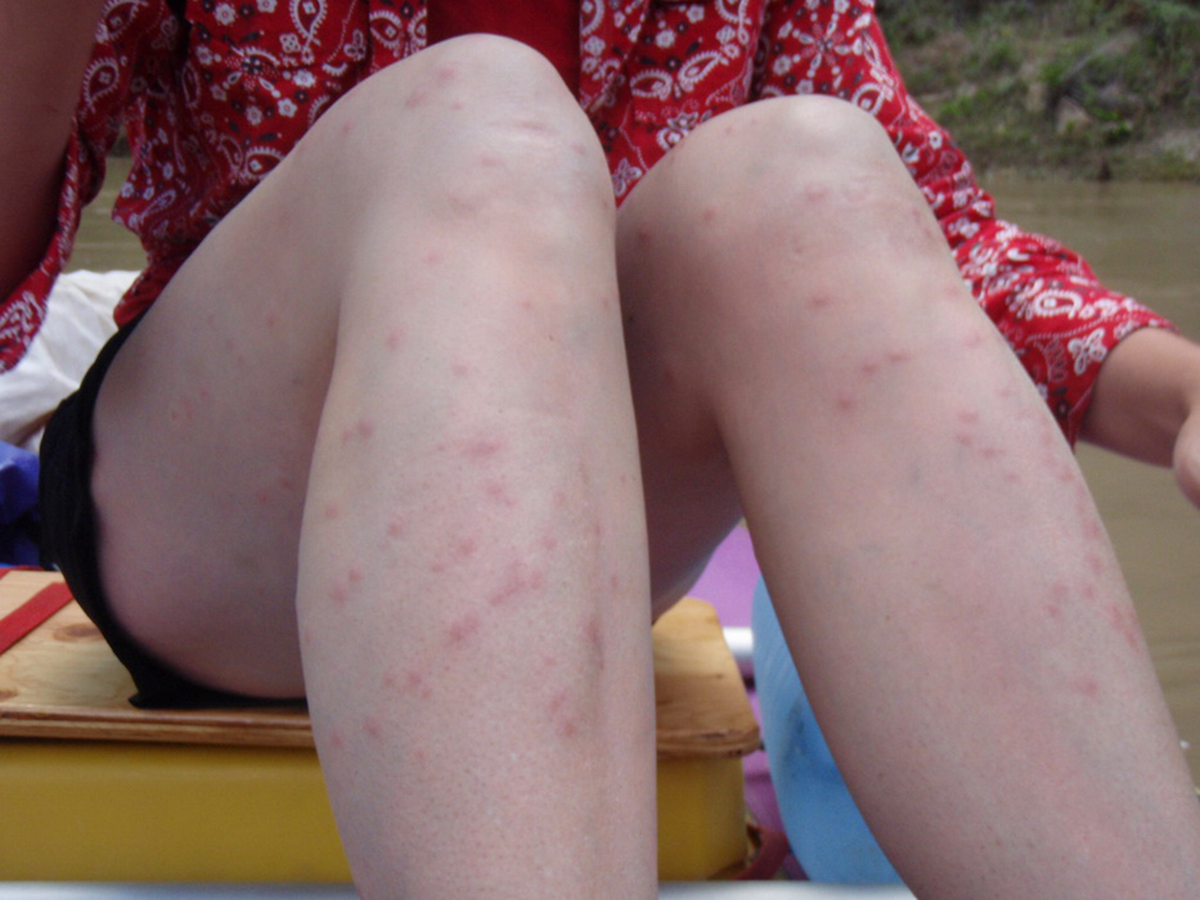Table of Contents

Only one in five people will have a mild illness after an incubation period of 2-15 days. These patients may have:
-
fever, chills
-
body aches and pains
-
headaches
-
tiredness
-
non-itchy rashes on the arms, chest, and back
-
loss of appetite
-
nausea and vomiting
-
swollen lymph glands
These non-specific symptoms may last for less than a week and patients may get better without treatment, not even being aware that they have the virus. However, one out of 150 infected people will experience neurologic symptoms such as:
-
neck stiffness
-
muscle weakness
-
disorientation
-
tremors
-
convulsions
-
loss of vision
-
numbness
-
paralysis
-
stupor
-
coma
These symptoms may be manifestations of encephalitis, meningitis, or poliomyelitis-like syndrome, which may last for several weeks. Neurological deficits may become permanent and death may occur.
Most patients with mild febrile illnessmay not be suspected to have WNV and may be treated for other viral illnesses.
Diagnosis of WNV disease may be established based on a four-point criteria set by CDC, which tests for antibodies specific to WNV as well as antibodies for other infections that cross-react with WNV.
Treatment of West Nile Virus Infection
Most people who are infected with the virus will get better on their own, without any treatment. Some may take acetaminophen for fever and headaches and others may treat their symptoms like any viral disease (bed rest, increased fluid intake). However, symptoms may last for weeks or months.
Intensive treatment and hospitalization may be required for severe illness with neurologic complications. Treatment consists of supportive measures including intravenous fluid administration, intensive medical monitoring, ventilator therapy for breathing problems, anti-inflammatory medications, and prevention of secondary infections such as pneumonia.
Studies are still being done to look into the usefulness of interferon treatment for WNV infection.
How to Prevent West Nile Virus Infection
See Also: Ten Tips For Avoiding And Treating Mosquito Bites
Mosquito control methods include eliminating mosquito breeding places such as flower posts, barrels, buckets, bird baths, pet dishes, kiddie pools or any container that holds water. Keep mosquitoes out of your house by installing screen on windows and doors if necessary. Protect yourself from mosquito bites by:
-
Staying indoors when mosquitoes are active.
-
Using mosquito repellents with DEET, IR3535, picaridin, eucalyptus oil or para-menthane-diol.
-
Not wearing perfumes, lotions or other scented body care products, which can attract mosquitoes.
When to See a Doctor
During the mosquito season, one must take care to observe if fever, headache and body aches last for two or three days, because these may be symptoms of WNV infection. Call your doctor if you suspect you may be experiencing symptoms of neurologic disease such as meningitis or encephalitis. Pregnant women must consult their doctors immediately if symptoms persist, since the virus may be passed on to their babies.
- HealthDay. West Nile Virus Has Cost U.S. Nearly $800 Million: CDC. http://www.philly.com/philly/health/HealthDay684652_20140210_West_Nile_Virus_Has_Cost_U_S__Nearly__800_Million__CDC.html
- American Family Physician. West Nile Virus in the United States: An Update on an Emerging Infectious Disease. http://www.aafp.org/afp/2003/0815/p653.html
- WebMD. West Nile Virus Overview. http://www.webmd.com/a-to-z-guides/west-nile-virus-topic-overview
- Medicine Net. West Nile Virus. http://www.medicinenet.com/west_nile_encephalitis/article.htm#west_nile_virus_facts
- CDC. West Nile Virus. http://www.cdc.gov/westnile/transmission/index.html
- Photo courtesy of James Jordan by Flickr : www.flickr.com/photos/jamesjordan/2612506038/
- Photo courtesy of Whitney by Flickr : www.flickr.com/photos/whitnuld/2654270197/
- www.philly.com
- www.aafp.org
- www.webmd.com
- www.medicinenet.com
- www.cdc.gov

